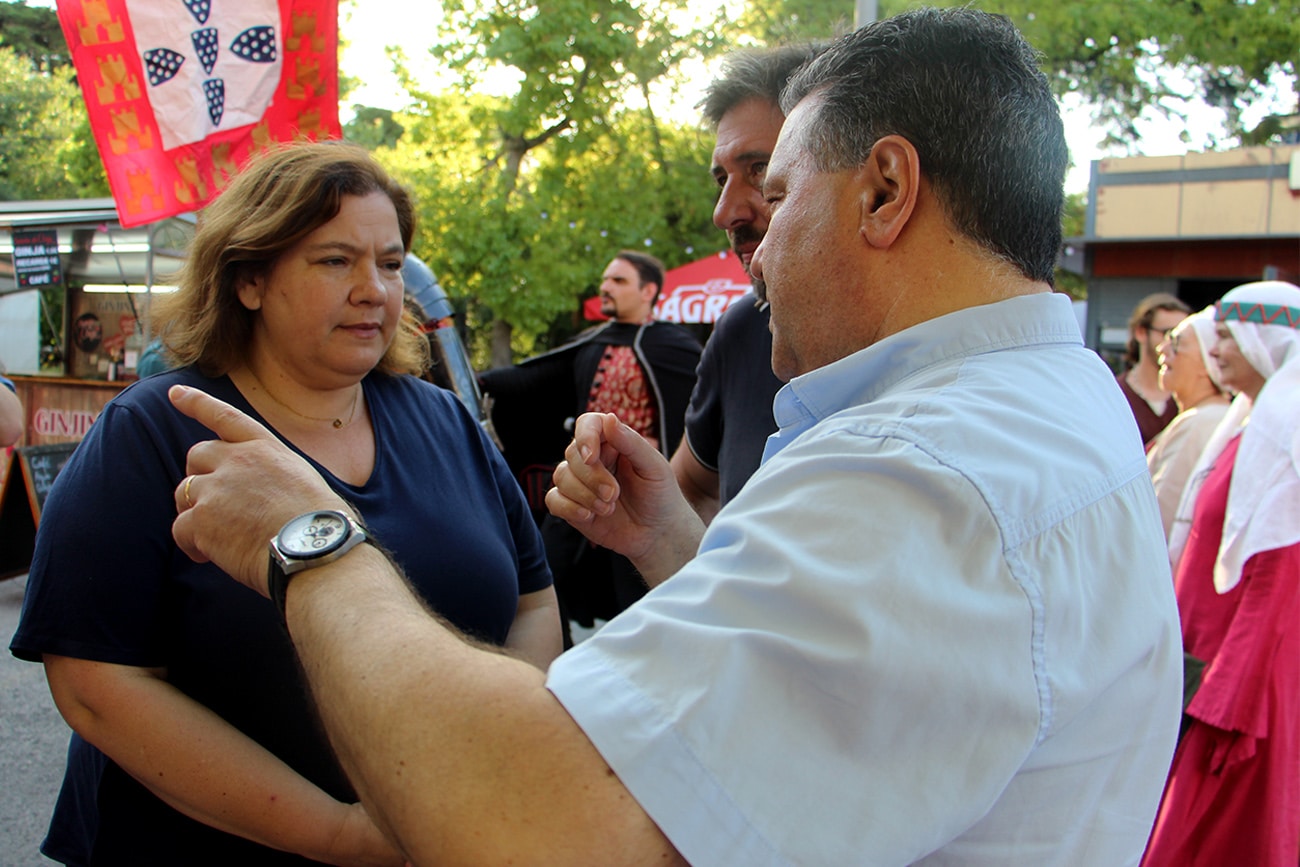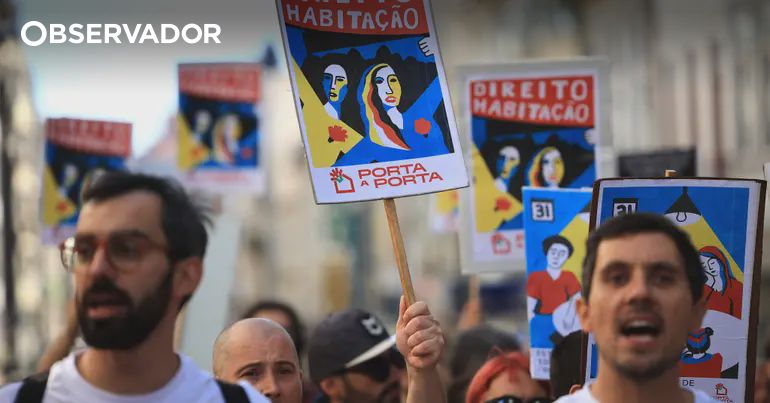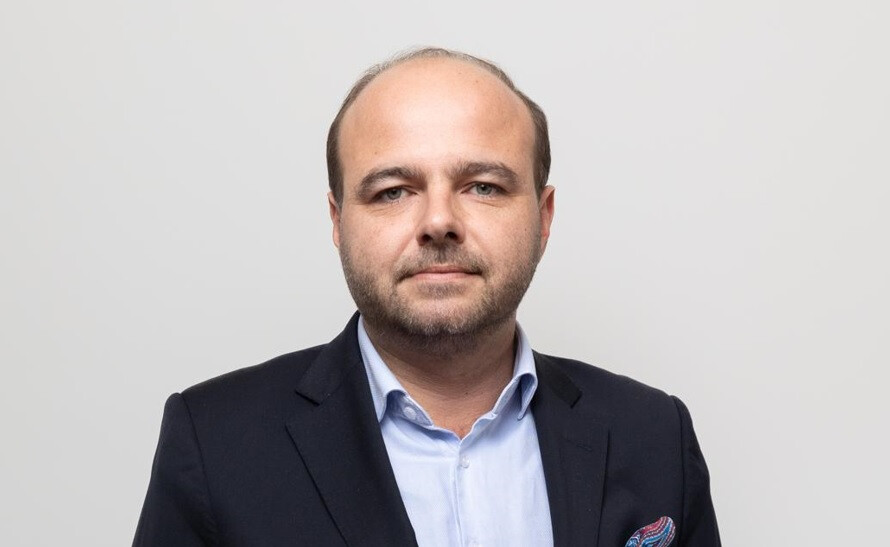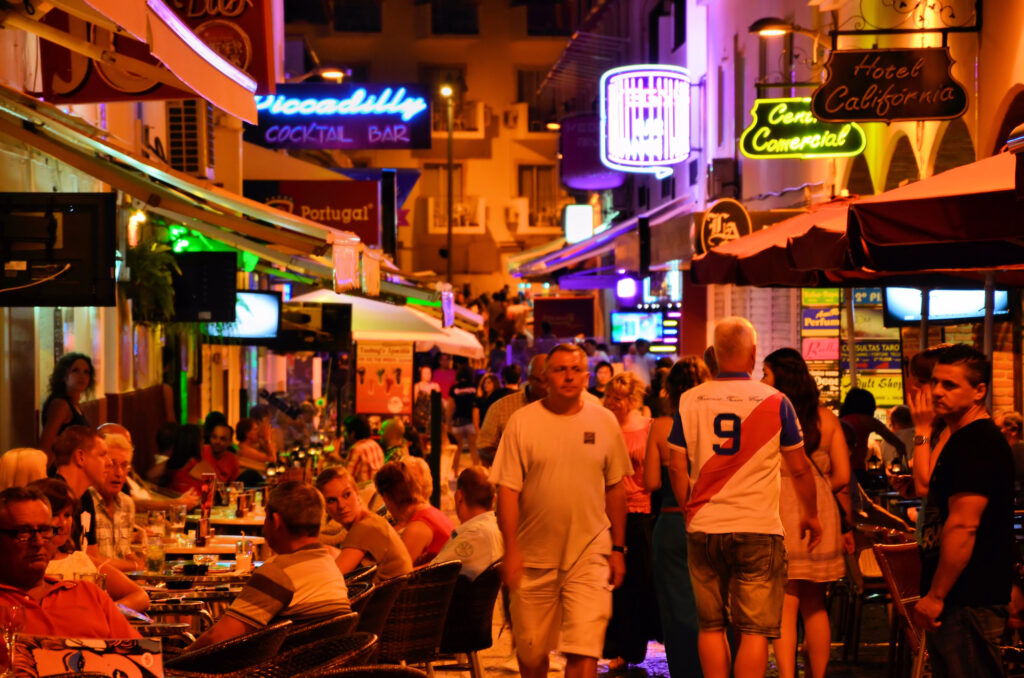Residents of Beato Express Alarm Over Homelessness
The Beato neighborhood in Lisbon is currently home to one-quarter of the city's homeless support services, with four shelters assisting around 600 individuals. While residents show compassion, they are increasingly worried about the decline in quality of life.

Pedro Antunes, the primary signatory of a petition aimed at revising the municipal plan for the homeless, emphasizes that many individuals remain outside these support systems. During a visit to the Xabregas area, he highlighted the tent encampments and makeshift shelters that have sprung up near office buildings.
In Xabregas, which houses four shelters within a kilometer radius, the visibility of homeless individuals is striking. Some wander the streets, while others solicit money or sit on sidewalks. Substance abuse, including alcohol and drugs, is openly observed.
Residents and workers in the area report incidents of theft, disturbances, and unsanitary conditions. Antunes remarks, "Coexistence between vulnerable individuals and those wanting to enjoy public spaces has become impossible."
The situation has worsened particularly since the opening of a new shelter at the former Military Maintenance site, described by Antunes as a 'concentration camp' next to innovative spaces like the Creative Hub of Beato.
The petition calls for the urgent deconcentration of homeless services, advocating for solutions to be spread across the municipality. Residents demand closer police presence, cleaning initiatives, and increased public investment in infrastructure.
Silvino Correia, the president of Beato Parish, acknowledges the excessive concentration of homeless individuals, which has led to heightened insecurity. He supports enhancing community policing and proposes establishing a police station, which currently does not exist in Beato.
Beato, one of Lisbon's smallest and most disadvantaged parishes, has been aiding the homeless for over 20 years. It hosts the largest shelter in the country, established in 1999, accommodating approximately 270 people. This shelter is slated for renovation.
In 2024, Beato has welcomed two new shelters: one in March with a capacity for 130 individuals and another in December for 90. A Municipal Prevention and Autonomy Unit was also created, capable of housing 28 individuals.
Once a peaceful neighborhood, Xabregas is now alarmed by the high concentration of homeless services, which has transformed the community atmosphere. Correia advocates for decentralizing support across the Lisbon Metropolitan Area to better address diverse situations.
António Lobo, president of the Beato Residents and Entrepreneurs Association, echoes the need for a review of homeless support in the city, emphasizing the importance of providing occupational opportunities to prevent individuals from wandering the streets during the day.
Longtime resident Luís Peres acknowledges the concerns but views the situation as a lesser evil compared to ignoring this vulnerable population. He notes that about 80% of the homeless do not exhibit disruptive behaviors.
Nair Fernandes, a 72-year-old resident, describes the public space as very dirty, with alarming incidents involving young women drinking and using drugs. She suggests that some form of supervision is necessary.
Helena Vieira, a florist in Xabregas, recounts personal experiences of theft and encounters with homeless individuals sleeping outside her shop, indicating a rise in conflicts that instill fear among residents, particularly the elderly.
The Lisbon City Council, led by the PSD/CDS-PP coalition, is prioritizing a €70 million municipal plan for homeless assistance until 2030. During a recent municipal assembly meeting, Mayor Carlos Moedas acknowledged the struggles faced by Beato and emphasized the need for diversification of services throughout the city.
Moedas highlighted that Lisbon plays a critical role in supporting the homeless, noting 13,000 individuals in this condition across Portugal, with 5,000 in the Lisbon Metropolitan Area.
Sofia Athayde, the Human Rights and Social Councillor, stated that 23% of the homeless individuals in Lisbon are housed in Beato and emphasized the creation of smaller response solutions in various locations.




















Comments
Join Our Community
Sign up to share your thoughts, engage with others, and become part of our growing community.
No comments yet
Be the first to share your thoughts and start the conversation!